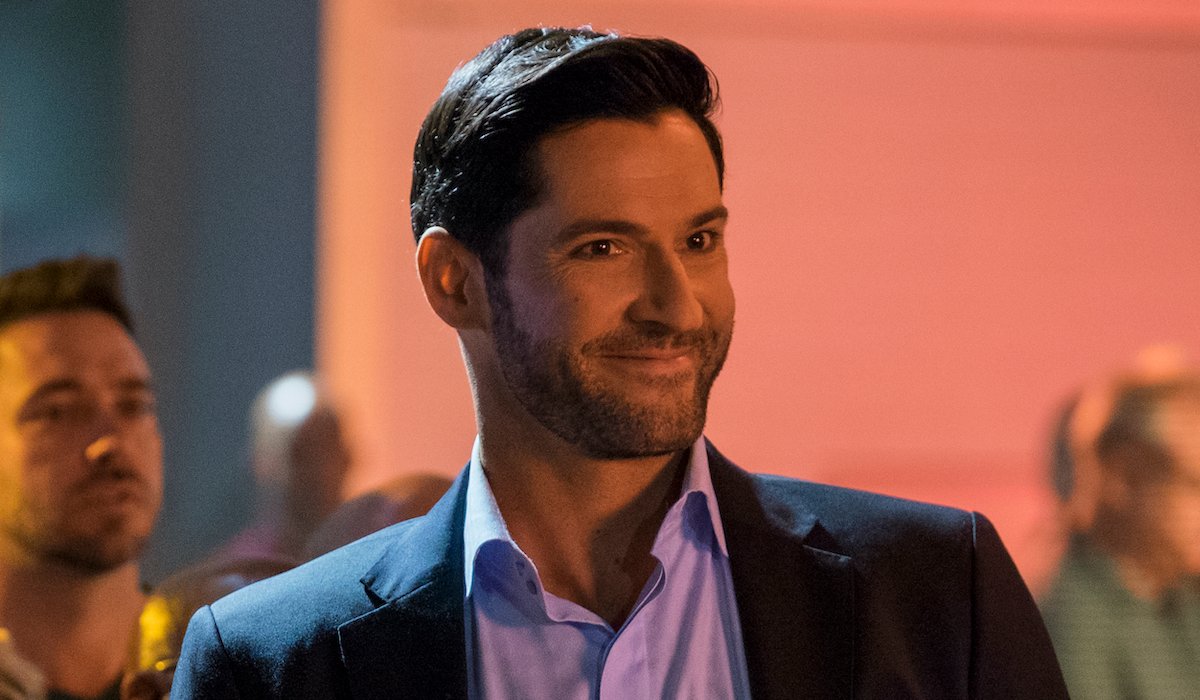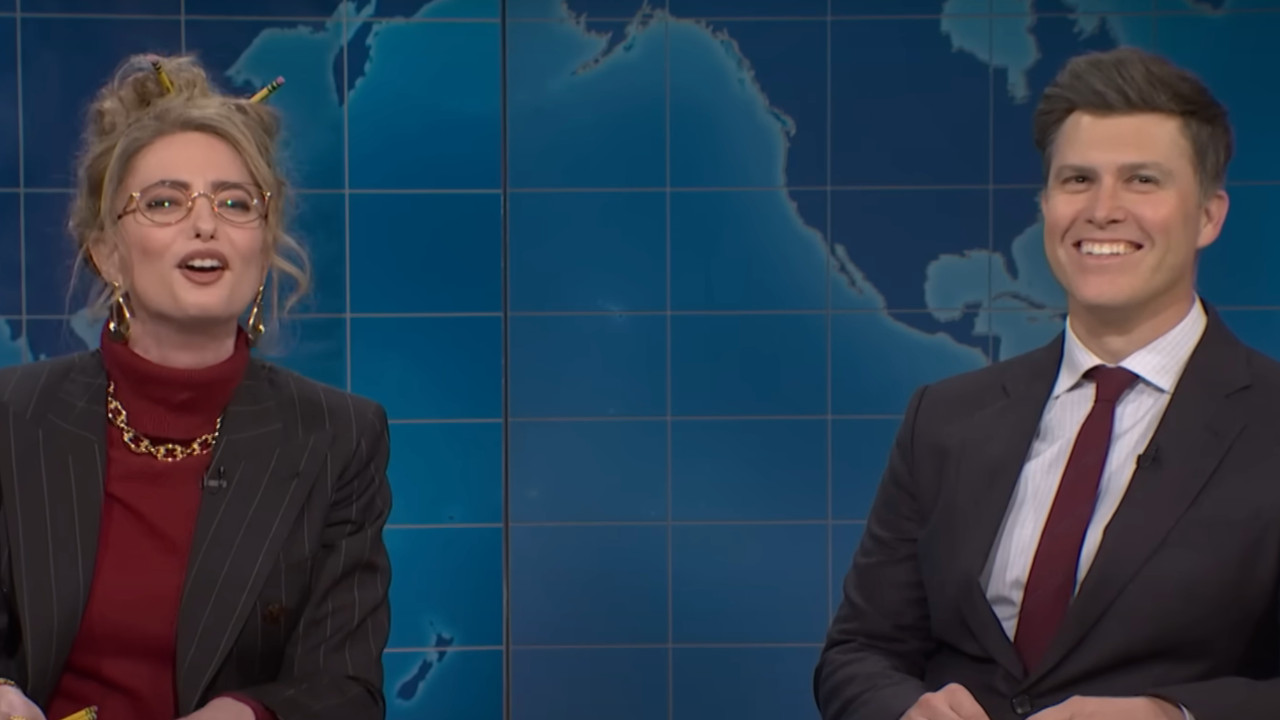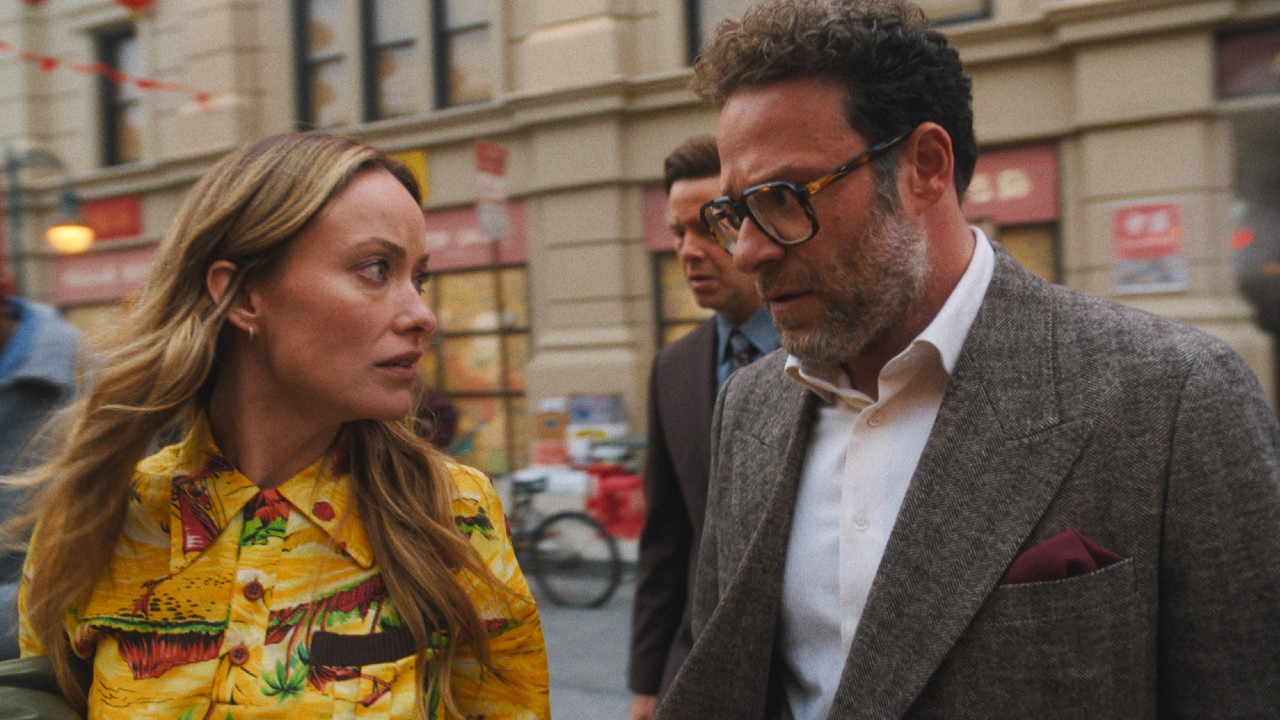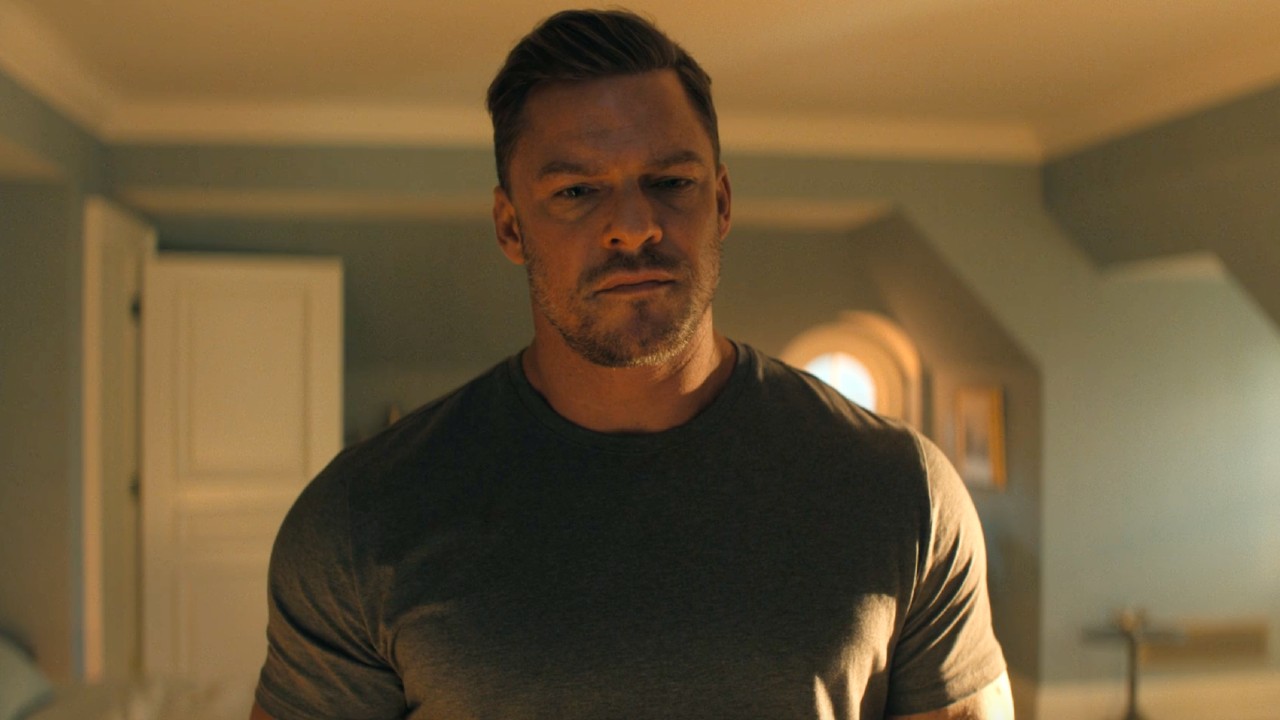Netflix Boss Reveals Why The Company Is So Against Using Ads
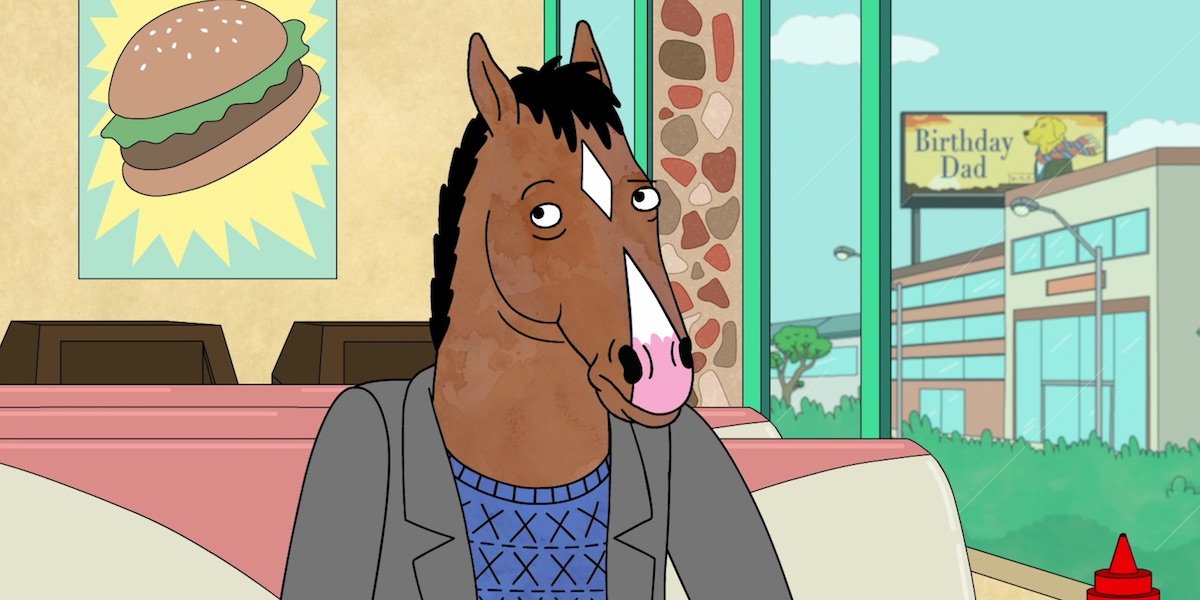
Though 2020 is set to deliver two more potentially game-changing streaming services in the form of Peacock and HBO Max, Netflix is still sitting quite comfortably atop the streaming mountain, with budgets as vast as its original content library. Perhaps the most noteworthy detail separating Netflix from the rest of the playing field is its insistence on keeping outsiders' advertising off of its website and apps, and CEO Reed Hastings recently offered a strong explanation for why the company will likely remain ad-free for as long as possible.
Despite the fact that customers tend to rail against commercials in both linear and streaming contexts, many people both inside and outside of the industry have questioned why Netflix has remained steadfast in keeping commercials off of its platform. After all, ads would bring in much-needed revenue to balance Netflix's high-dollar loans, right? While that may be ideally true, Netflix execs are aware that it's not so cut and dry.
To eventually make any kinds of advertising profits, Netflix would first need to devote a lot of time and money to setting up resources in that realm. As Reed Hastings put it in the Q4 earnings call that took place recently, it would mean directly competing with some of the biggest ad providers on the planet, including Google, Facebook and Amazon. Going hard on ads would also mean collecting a lot of user data for more targeted commercial placement. Here's Hastings' take on it during the earnings call:
[L]ong-term there is not easy money there and instead we think if we don't have exposure to that, the positive side is we're in much safer place, we're not integrating everybody's data. We're not controversial that way. We've got a much simpler business model which is just focused on streaming and customer pleasure. So, we think with our model that we will actually get to a larger revenue, a larger profit, larger market cap, because we don't have the exposure to something that we're strategically disadvantaged at, which is online advertising against those big three, which over the next 10 years are just going to integrate incredible amounts of data about everybody that we won't, and we're not trying to have access to. So that's why we're really pretty confident to the best business model is this way. It's certainly in the long term.
Had Netflix initially devoted tons of money to an advertising corps that could currently stand toe-to-toe with Amazon and Facebook's data-mining, it might be a different story. But as things currently stand, Netflix would likely need to start from the ground up in building its own advertising sector, and even though the company obviously does track user info in terms of the content being watched, the reins would then have to be loosened to allow for tons of other customer details to get logged.
Considering it now has TV series and movie productions happening all over the world, with a bigger global reach than ever before, Netflix is currently in a spot where it's not yet worth exploiting the minutiae of its subscribers' lives for focused ads. Beyond all of the potential financial hoops that would need to be traversed, Netflix would also be painting a target on its back for privacy advocates to take aim at.
Here's Reed Hastings doubling down on the concept that Netflix just isn't interested in keeping track of all the user data that Amazon, Google and Facebook amass specifically to populate their ad boxes and videos.
CINEMABLEND NEWSLETTER
Your Daily Blend of Entertainment News
We don't collect anything, we're really focused on just making our members happy and we're not tied up with all that controversy around advertising. And again, if you wanted to succeed in online advertising, you can't just have a little data. To keep up with those giants, you've got to spend very heavily on that and track locations and all kinds of other things that we're not interested in doing. We want to be the safer spy where you can explore, you can get stimulated, have fun, enjoy, relax and have none of the controversy around exploiting users with advertising.
Indeed, while there will always be detractors who see Netflix in a dimmer light than other companies such as Disney+ or Hulu, complaints are almost always tethered to the content library itself, or to some of the service's specific quirks, such as automatically starting trailers as soon as shows/movies are highlighted. I doubt anyone believes Netflix embraces the same shady-as-all-hell data-mining tactics as other online giants, and hopefully the company can remain on that side of the ethical line for years to come. (Now if it could just make its ratings system a little more transparent.)

Nick is a Cajun Country native and an Assistant Managing Editor with a focus on TV and features. His humble origin story with CinemaBlend began all the way back in the pre-streaming era, circa 2009, as a freelancing DVD reviewer and TV recapper. Nick leapfrogged over to the small screen to cover more and more television news and interviews, eventually taking over the section for the current era and covering topics like Yellowstone, The Walking Dead and horror. Born in Louisiana and currently living in Texas — Who Dat Nation over America’s Team all day, all night — Nick spent several years in the hospitality industry, and also worked as a 911 operator. If you ever happened to hear his music or read his comics/short stories, you have his sympathy.
